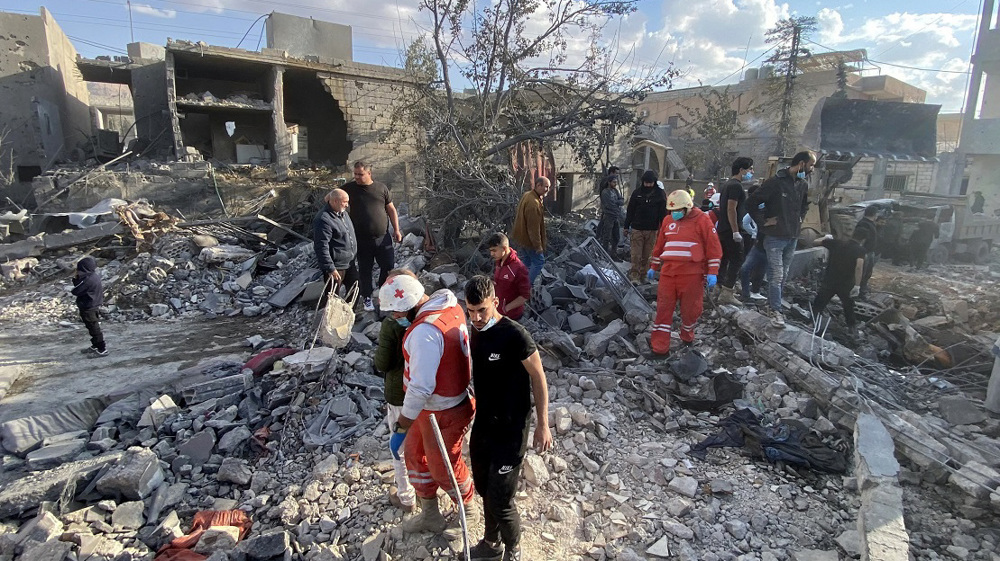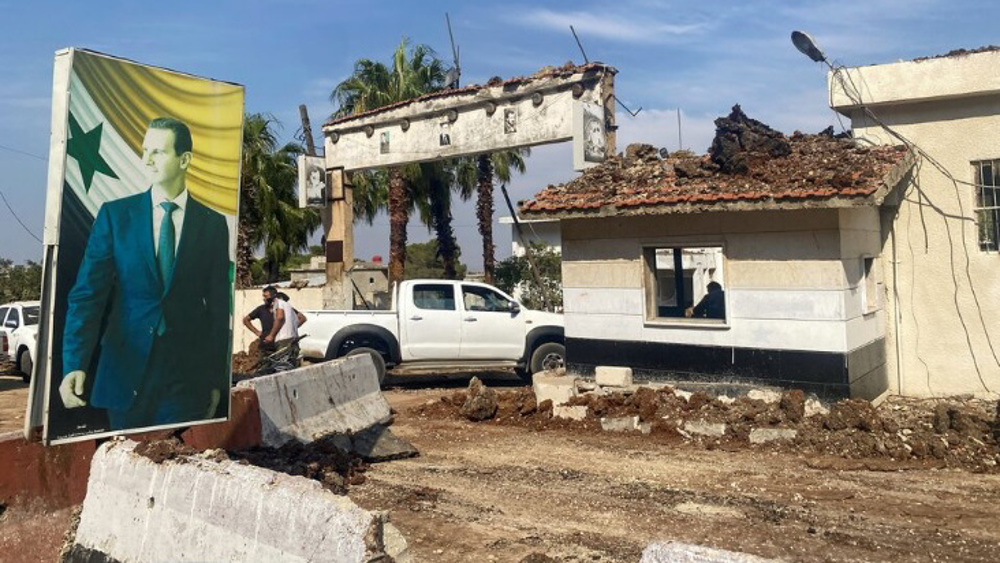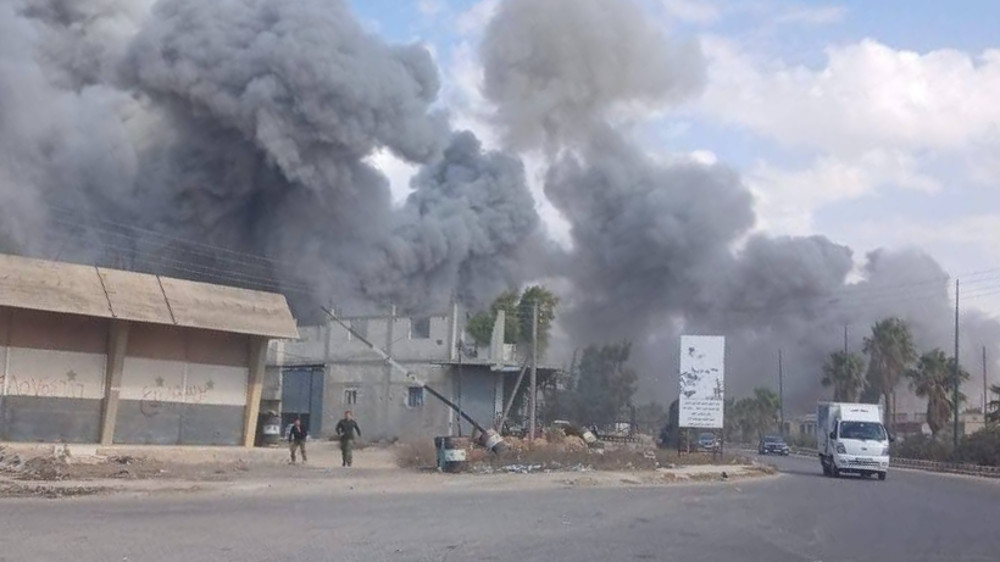Turkey helping new militants penetrate Syria: Russia
Russia says Turkey helps fresh militants illegally enter Syria and join the ranks of the battle-drained terrorist groups already fighting the government of Syrian President Bashar al-Assad there.
“Moscow expresses its most serious concern about the aggressive actions by the Turkish authorities regarding the neighboring state,” Russia’s Foreign Ministry said in a Monday statement, in reference to conflict-hit Syria.
The statement also blasted Turkey’s shelling of the positions of Kurdish and Syrian forces in the north of the Arab country, calling it a “provocative” act.
“Moscow expresses its most serious concern about aggressive actions by Turkish authorities,” it said.
Separately, a Russian Foreign Ministry official said Moscow will continue its airstrikes against terrorist groups in Syria’s strategic northern province of Aleppo even if a ceasefire agreement in the country is implemented.
Moscow began its aerial military campaign against terrorists in Syria on September 30 last year upon a request from the Damascus government. Since then, it has killed hundreds of Daesh terrorists and other foreign-backed militants, and inflicted heavy material damage on them.
The International Syria Support Group (ISSG) agreed in the German city of Munich on Friday to a “cessation of hostilities” in Syria and to implement a ceasefire in a week. The ISSG members also asked the UN to resume the collapsed peace talks between the Syrian government and the Saudi-backed Syrian opposition group known as the High Negotiations Committee (HNC).
The talks were suspended on February 3 after the HNC refused to attend the sessions in Geneva. Its refusal came after the Syrian army, backed by Russian air cover, made significant gains against Takfiri militants on several fronts, particularly in Aleppo.
Syria has been grappling with foreign-backed militancy since March 2011. According to a new report by the Syrian Center for Policy Research, the conflict has claimed the lives of over 470,000 people, injured 1.9 million others, and displaced nearly half of the country’s pre-war population of about 23 million within or beyond its borders.
Israeli forces kill 7 more Palestinians in West Bank
Israel’s Netanyahu dismisses military affairs minister Gallant
Hezbollah attacks turn Israel’s Haifa into a ghost town
Iran’s FM meets Pakistani PM, discusses bilateral ties, Israeli atrocities
Iran ramps up gasoline output amid rising demand
UK foreign secretary under pressure over denial of genocide in Gaza
VIDEO | Press TV's news headlines
Hezbollah bombards explosives factory in occupied territories















 This makes it easy to access the Press TV website
This makes it easy to access the Press TV website